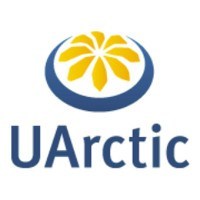Below you can view the current members of the IASSA Council:
- Maria Ackrén, IASSA President. Maria Ackrén is professor of political science at Ilisimatusarfik - University of Greenland with special focus on island autonomy.
- Aaron John Spitzer is associate professor of Arctic governance at University of Bergen in Norway.
- Anita Lafferty is PhD in education and member of Liidlii Kue First Nation in Canada.
- Helena Gonzales Lindberg is PhD in political science, and a senior researcher at Nordland Research Institute in Norway.
- Joan Nymand Larsen is professor in economics and Arctic studies at University of Akureyri in Iceland.
- Kat Hodgson is postdoctoral researcher at the Department of Government at University of Bergen in Norway.
- Kamrul Hussain is research professor, and director of Northern Institute for ENvironmental and Minority Law at the Arctic Center at University of Lapland in FInland.
- Tatiana Degai is assistant professor at the Department of Anthropology at University of Victoria in Canada.
- Grete K. Hovelsrud is past-president of IASSA and professor in environmental sociology at Nord University, and research professor at Nordland Research Institute in Norway.





